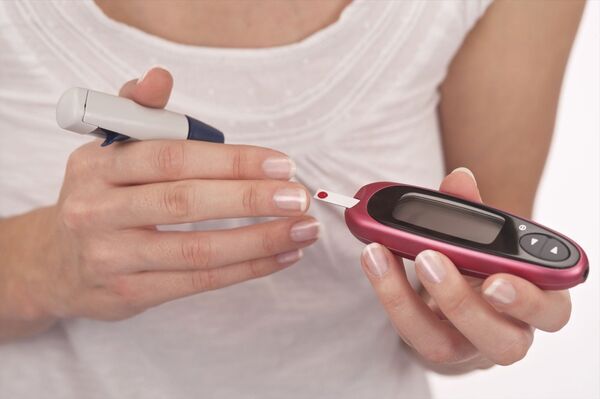MOSCOW, August 28 (RIA Novosti) - A group of Australian researchers have recently made a discovery which could help prevent type 1 diabetes.
The St. Vincent’s Institute of Medical Research team in Melbourne managed to isolate immune cells in the pancreas of an organ donor who had had the disease. The find is expected to lead to a breakthrough.
Type 1 diabetes occurs when the body’s immune system suddenly makes an error. Instead of defending our cells from different viruses, it starts mistakenly destroying the insulin-producing cells of the pancreas, Dr. Stuart Mannering, a researcher at St Vincent's Institute and the Head of the Human T-cell Laboratory explained to Radio VR.
Dr. Mannering says that until now, it was unknown why it happened and what components of the insulin-producing cells were targeted by the immune cells.
“The question we have been investigating is how and why the immune system turns against the cells in one’s body that make insulin. And it has been a puzzle for a very long time,” he told Radio VR.
Dr. Mannering explained that part of the reason why the scientists have been unable to find an answer was that they had to take immune cells from the blood, usually from someone’s arm, for example, and try and find the cells that destroy the insulin-creating cells there.
However, several years ago, the group of Australian researches obtained a pancreas from a person who had suffered from Type 1 diabetes and died from the disease’s complications.
They were able to study the part of the immune system that actually caused the disease by going to where the disease actually happened, what Dr. Mannering said they sometimes called “the scene of the crime”, as killing the insulin-producing cells is the crime, he said.
Dr. Mannering explained why their work was so important: they found extremely good evidence that those immune cells were actually causing diabetes.
“What we‘ve been able to find quite precisely is what exactly those immune cells see,” he said. “So, in terms of prevention there was a lot of effort around the world to try and turn off the particular immune response that causes type 1 diabetes. What we can do now with the knowledge of what the target of the immune response is? We can deliver it to a body in a way that we hope would turn off the immune response and delay the type 1 diabetes and eventually prevent it completely. The most important thing is that now we have a much better idea what the targets of the immune response are, which causes type 1 diabetes in people.”
Professor Tom Kay, the director of St Vincent's Institute in Melbourne, assured that the finding is likely to quickly result in the implementation of clinical trials.
“Type 1 diabetes is treated with insulin injections,” he explained to Radio VR. “But researches and clinical trials all around the world are focusing on finding a way to prevent or cure the disease. And the information that we have discovered in this project will be essential in planning the next round of clinical trials.”
People are interested in treatments that don’t involve insulin, Prof. Kay said. The idea would be mainly to identify people who are going to get type 1 diabetes and provide them with a treatment which would be influenced by this current discovery…it may keep them from developing the disease.
It is also possible that developments could reverse the existing effect of diabetes in patients who already have it, he added.



